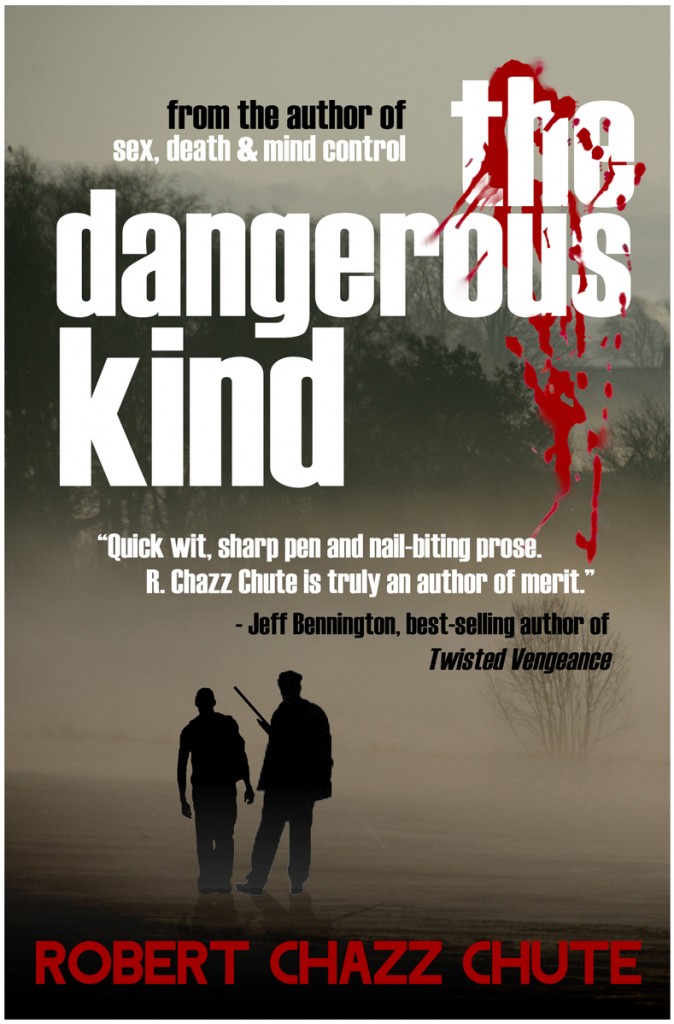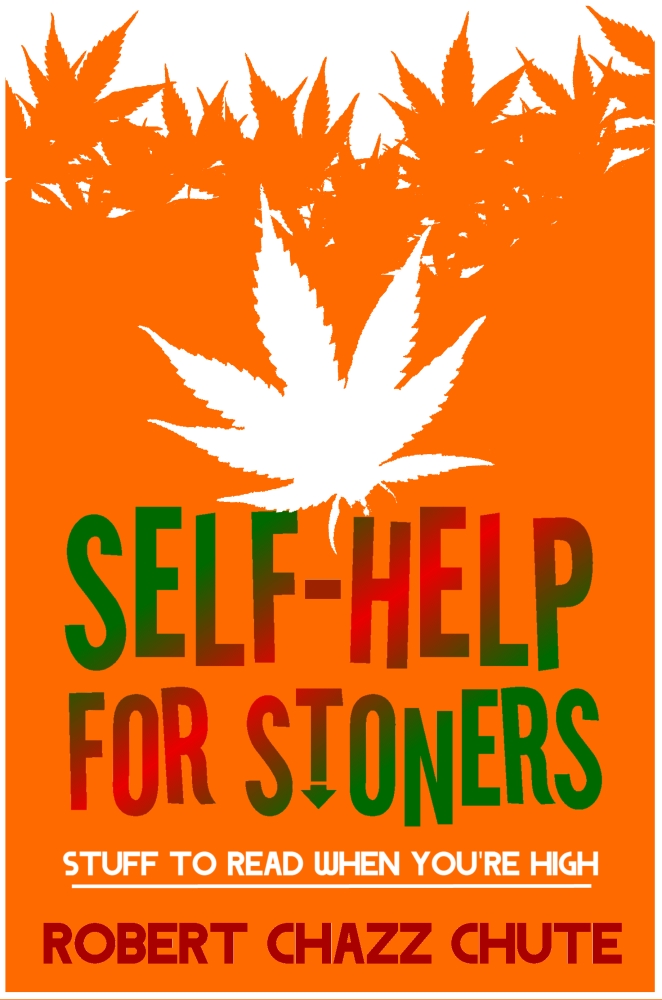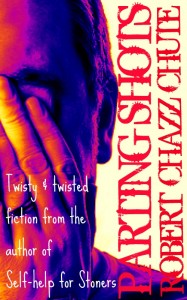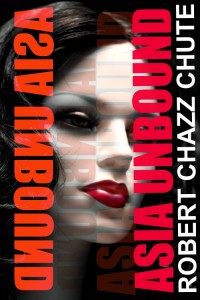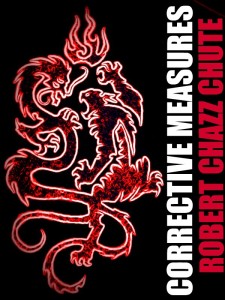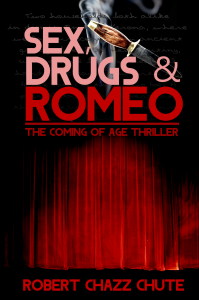This week we are talking with the genre-hopping writing machine that is L.H. Thomson. From Science fiction to romantic comedy, and all the way back to mystery, L.H Thomson is one of the most versatile indie writers on the scene. Having spent the last twenty-three years as a writer and editor for newspapers across Canada, Thomson is no stranger to the written word, and has published a whopping six books already this year - with more to come! Lets hear a little more about the man behind the typewriter...
Welcome to KitFosterFiction!
Tell us a little bit about your work.
-- It shines with the crisp effervescence of dew on a summer morning. No, I kid. I write stories that are fun. I'm not trying to change the world or blow minds, and as much as I love literary stylists, the structure of the work is less important to me than its entertainment value. People need to be able to relax and have fun.
After working in the newspaper business for 23 years, what made you decide to take the leap to fiction, and indie publishing?

I spent a lot of years working on side projects, trying to find things that I was as passionate about as my job, because if all you do is work, you burn out, and because I took news reporting very seriously.
I had a blues band for about a decade, and we actually managed to get onto the radio charts for about a week. I've also played a lot of sports and run two online web magazines.
So I guess I like challenging myself as a past-time, and I'd spent so many years writing for a living, it seemed to make sense to try and work for myself while also entertaining people. Self-pubb'ing was more about realism than anything; the average mid-size publishing house gets 9,000 or so submissions a year and publishes eight new authors.
And even then, many do little to support those authors until they've built their own audience. Why continue that tradition? It's elitist, pretentious and generally as much an insular community as any other, with tropes and norms that exist for no better reason than the tie of tradition. Joe Konrath is right: if you can do it yourself, do it yourself. You'll control your own work, master your own destiny, feel more secure and happier as a consequence, and probably make more money, too.
Which authors have influenced your work most?
That's a tough thing to qualify. I've never spent a great deal of time studying others' work. It was more a question of absorption. My favourite writers, by a country mile, are John Steinbeck, Hunter S. Thompson and Nick Hornby. But I've never sat down and compared their turn-of-phrase to my own. A good writer can write in whatever the style or "voice" of the characters is, anyway, so it's all a bit moot.
You write across a wide range of genres - how do you come up with stories about such a wide range of subjects?

I have a very bizarre type of memory, from being raised as an early age to be objective nearly all the time. Consequently, I tend to remember things that have resonance with me for reasons that aren't personal or communal -- headlines and leads from stories 20 years ago, entire sections of books I read as a kid, things that seem relevant to society or to issues worthy of debate.
It's a bit weird, to be honest, sort of like an eidetic memory for pop culture. You can ask me about a particular news story or book plot and if I've read it once, I can recall most of it 20 years later, with ease.
It's the same with tunes and lyrics. I have the lyrics to thousands of songs in my head and can whistle tunes in perfect pitch that I haven't heard in a decade. But remember where my car keys are or the date of a friend's birthday? Hell no. Then I'm useless.
All of this adds up to having a lot on my mind, which means I can develop ideas over long periods of time. I've already plotted out much of the next six books I'm going to write. But having that level of focus tends to make people self-absorbed and I'm no exception.

How much of yourself and your life (if any) do you put into your characters and stories?
Absolutely zero of my life goes into any of my characters, although one of the detective stories I'm writing is loosely based on a crime I investigated as a reporter.
My "character" goes into my protagonists, to be sure, but I'm not sure to what degree. They're mostly who I wish they would be, plus warts, because we all have them.
It's only April, and you've already published six books so far this year. Any tips for how others can effectively increase thier productivity to your level?
No. They actually took nearly a year to write, but I'm publishing them together simultaneously, as there's no season arc for ebooks; they're published constantly and all get equal shelf space -- until they sell, at which point they get front-page.

It took more than 20 years of hardcore, everyday practice and study to become a fluid, competent writer. And even then, it requires working three to four hours extra every night, after working a day job, to write a lot of books quickly. I'll probably slow down a bit next year.
But if people want to generally speed up their first draft -- keeping in mind, it should always be written through numerous times -- I'd suggest they plot their book backwards, chapter by chapter, from the conclusion they'd like to how the story began. Then budget a certain number of pages per chapter.
Budgeting pages gives people a sense of order and process to the construction of the overall story, lowers anxiety and keeps people working towards shorter term goals. It also guarantees they'll write something long and complex enough to be worth a whole book (preferably with some character development and subtext too, as the rest of us have to read it.)
Do you have any weird writing habits?

Whether I'm writing with a third-person narrator or first-person, my characters and scenes all play out vividly in my head as a write .... so I give all my characters the voices of famous movie actors. It's more about the "type" of character too than the look. So in my head, Max Castillo has Antonio Banderas' voice, even though he doesn't really look like him.
When I wrote Abigail Deane, it was Emma Thompson narrating the story. When I wrote The Antique Hunters, a romantic comedy, Stephen Fry was narrating. I suppose if they ever sell a ton and I have the money, I'll see if I can get them to do the audiobooks.
Which of the six titles you have published so far has been the most fun to write, and why?
Even though it's not the most popular genre, I loved writing The Process Server, my sci-fi novel, because I just love predicting the future, and being able to mould it into

What's next for L.H. Thomson?
Good question! I'm new to the fiction business, and I've only had a handful of (fortunately very nice) reviews, so your guess is as good as mine. I tend to believe if you give people a good read at a fair price, then repeat lots of times, you can make a living at it. I'd like to get to that point in the next five or six years.
or click on the covers below and get the books!


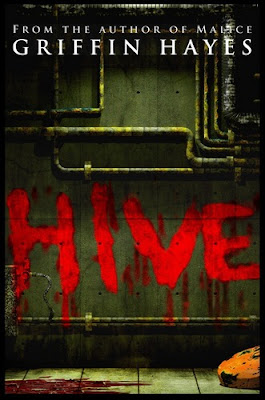



.jpg)
























